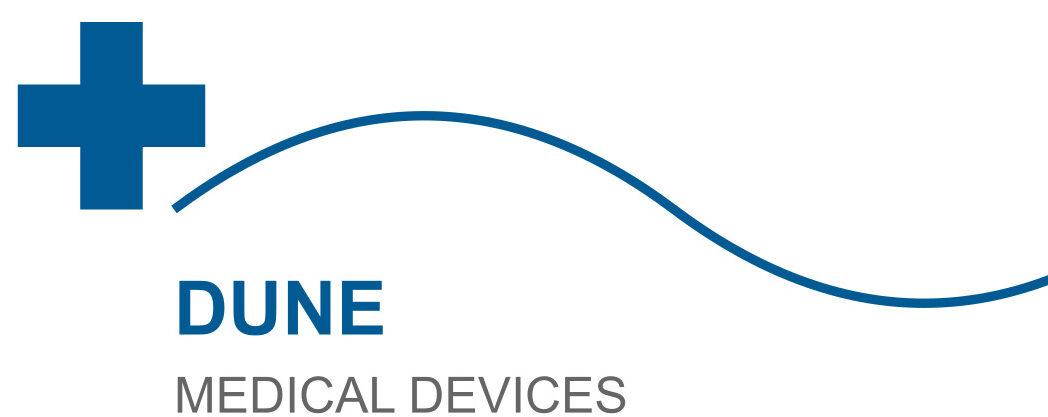Which Undergraduate Program Prepares You to Build Medical Devices? Biomedical Engineering vs. Electrical Engineering vs. Computer Science
Are you passionate about merging technology with healthcare to create life-saving medical devices? Choosing the right undergraduate program is the first step toward a lucrative and impactful career in this booming industry. Whether you pursue Biomedical Engineering, Electrical Engineering, or Computer Science, each path offers unique advantages. This guide will help you decide which degree aligns best with your goals—and how it can set you up for financial success and professional fulfillment.
Why a Career in Medical Device Development is Your Ticket to Wealth and Success
The medical device industry is projected to reach $612 billion by 2027, offering massive opportunities for skilled engineers. By choosing the right degree, you position yourself at the forefront of innovation while securing a high-paying career. Here’s how each program can prepare you for this thriving field.
1. Biomedical Engineering: The Direct Path to Medical Device Innovation
What Biomedical Engineering Covers
Biomedical Engineering (BME) blends biology, medicine, and engineering to design cutting-edge medical devices like pacemakers, prosthetics, and imaging systems. This degree provides specialized training in:
- Biomechanics and biomaterials
- Medical imaging and diagnostics
- Regulatory standards (FDA, ISO 13485)
Career Prospects & Salary Potential
Graduates can work as:
- Medical Device Design Engineer ($85K–$130K/year)
- Biomedical Research Scientist ($90K–$140K/year)
- Clinical Engineer ($75K–$110K/year)
| Job Title | Average Salary (USD) | Growth Outlook (2020–2030) |
|---|---|---|
| Biomedical Engineer | $92,620 | 10% (Faster than average) |
| Medical Device Developer | $105,000+ | 12% (High demand) |
Why Choose BME? If you want a direct route into medical device R&D with strong industry connections, this is your best bet. Companies like Dune Medical Devices Inc. actively recruit BME graduates for innovation-driven roles.
2. Electrical Engineering: The Backbone of Medical Device Hardware
What Electrical Engineering Covers
Electrical Engineering (EE) focuses on circuits, sensors, and hardware systems—critical for devices like MRI machines, ECG monitors, and wearable health tech. Key skills include:
- Circuit design and signal processing
- Embedded systems programming
- Power electronics for medical equipment
Career Prospects & Salary Potential
EE graduates often land roles such as:
- Medical Electronics Engineer ($95K–$145K/year)
- Systems Engineer (Medical Devices) ($100K–$150K/year)
- Robotics Engineer (Surgical Systems) ($110K–$160K/year)
Why Choose EE? If you love hardware and want flexibility to work in tech or healthcare, EE provides a versatile foundation. Many medical device firms prioritize EE talent for hardware innovation.
3. Computer Science: The Future of AI-Driven Medical Devices
What Computer Science Covers
Computer Science (CS) is ideal for software-driven medical tech, including AI diagnostics, telemedicine platforms, and wearable apps. You’ll master:
- Machine learning for healthcare data
- IoT and cloud-based medical systems
- Cybersecurity for patient data
Career Prospects & Salary Potential
Top roles for CS grads include:
- Medical Software Developer ($100K–$160K/year)
- AI Engineer (Healthcare) ($120K–$180K/year)
- Health Informatics Specialist ($90K–$140K/year)
Why Choose CS? If you’re drawn to AI, big data, and software solutions, CS opens doors to the fastest-growing niches in medtech.
Comparison Table: Which Degree is Right for You?
| Factor | Biomedical Engineering | Electrical Engineering | Computer Science |
|---|---|---|---|
| Focus Area | Medical device design & biology | Hardware & electronics | Software & AI |
| Average Starting Salary | $70K–$90K | $75K–$100K | $80K–$110K |
| Top Employers | Medtronic, Johnson & Johnson | GE Healthcare, Siemens | Google Health, IBM Watson |
How to Maximize Your Success in Medical Device Development
- Pick the Right Program: Align your degree with your passion (hardware, software, or biology).
- Gain Industry Experience: Intern at companies like Dune Medical Devices Inc. to build connections.
- Specialize Early: Take electives in FDA regulations, AI, or robotics.
- Network: Attend medtech conferences and join professional groups.
Conclusion: Your Path to a High-Income Medical Device Career Starts Now
Whether you choose Biomedical Engineering, Electrical Engineering, or Computer Science, each degree offers a unique pathway into the lucrative medical device industry. By specializing early and gaining hands-on experience, you’ll position yourself for six-figure salaries and groundbreaking innovations.
Ready to take the next step? Visit https://dunemedicaldevicesinc.com/shop-2/ for more insights or contact us to discuss your career goals!
FAQ Section
Which degree is best for medical device development?
Biomedical Engineering is the most direct path, but Electrical Engineering and Computer Science are equally valuable for hardware and software roles, respectively.
Do I need a graduate degree to succeed?
While a bachelor’s degree is sufficient for entry-level roles, a master’s or PhD can accelerate your career into R&D or leadership positions.
What skills are most in demand?
Employers seek expertise in AI, embedded systems, regulatory compliance, and biomechanics.
How do I get hands-on experience?
Internships at firms like Dune Medical Devices Inc. or university research labs are ideal.
Which field has the highest salary potential?
Computer Science roles in AI-driven healthcare currently offer the highest earning potential ($120K–$180K+).
